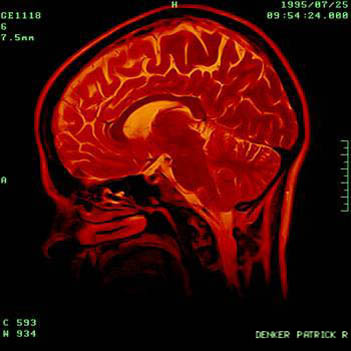At Seventeen
I learned the truth at seventeen
that love was meant for beauty queens
And high school girls with clear skinned smiles
Who married young and then retired — Janis Ian at seventeen
The words of Janis Ian sting. They conjure images of bullied, ignored, thoughtful, and lonely kids. Seventeen is a hard age to learn those truths expressed in her hit song from 1975.
When I hear this song or when it becomes an earworm for days on end, I cannot help but think of my own time in middle and high school. Or undergrad. Graduate school. So on. Present day. Sometimes.
That is not to say that I was friendless or lonely. I place a mental pushpin every time in my life when truth is revealed. Signposts. Bread crumbs. Regardless of what or when, it always seems too early and too often that we learn a hard truth. In education, that is–as an educator, the pins drop like needles on songs. One after another whether you like them or not. Heavy rotation. Top of the pops. Hits. We take a lot of hits.

by ~JonathanTheSmex
Remember those veteran teachers scorning our eager, go-get-em attitudes with warnings? Their threats seemed so far-fetched. Trite. “Someday, you’ll be just like me.” We laughed them off. We worked hard. We came in early. We stayed late. We graded and prepped during late nights, weekends, and holidays. Grading parties. Thank God for TiVo. “I’m always a teacher so I always do teacher work,” we say. We learn a truth. Get a peek behind the curtain. See that all those appreciations we enjoyed were more fair-weather than once thought. We thought that we were on top of our game and have our legs cut out from under us. We are seventeen again.
Remember those who win the game, they lose the love they sought to gain
A decision is made. We will continue to do it for the kids. Of course we will. The kids. The only convolution is that we are not as resilient as we were at seventeen. Those wounds heal more slowly. Calluses thicken. Eyes look to the floor. We begin to have regrets. Begin to feel all those eyes that gaze.

